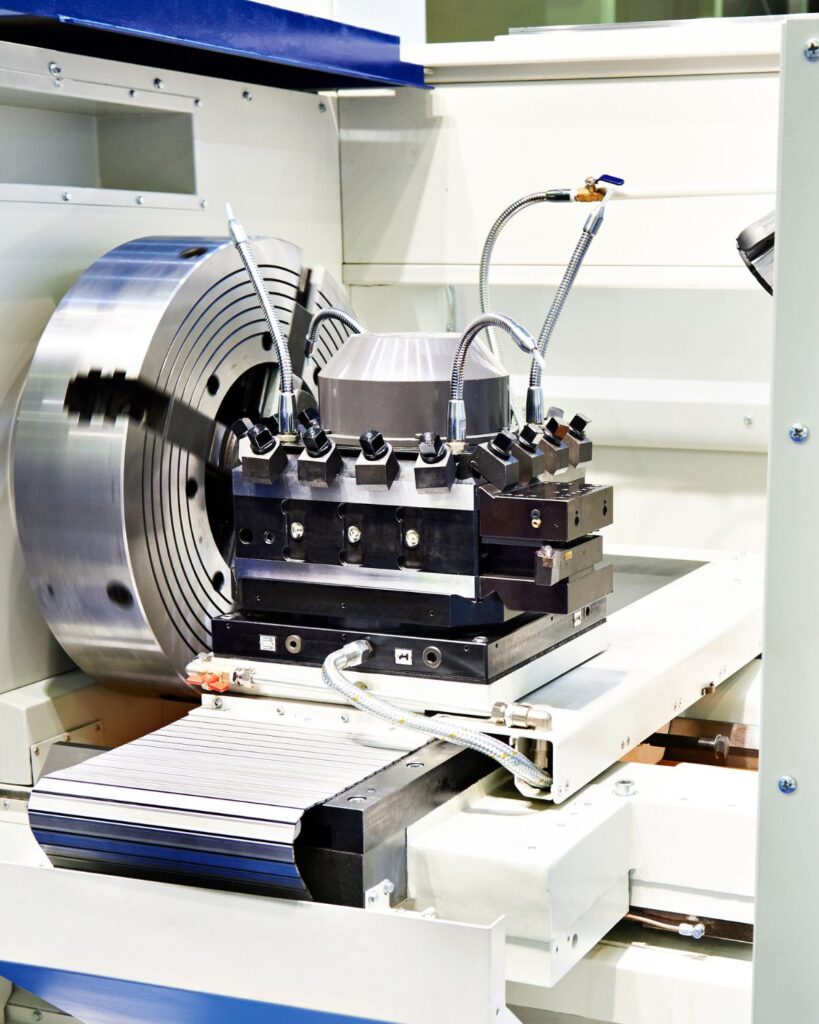Precision manufacturing plays an essential role in producing various high-quality components including electrical connectors.
Connectors are used to create electrical circuits and ensure seamless connections between systems. These connectors come in many shapes and sizes, serving various purposes, and their production must meet high standards of accuracy and durability.
One of the most effective methods for manufacturing connectors is CNC (Computer Numerical Control) machining. In this blog, we will explore what CNC machining is, how it works, and why it is the go-to method for manufacturing high-performance connectors.

What is CNC Machining?
CNC machining is an advanced manufacturing process that uses computer-controlled machines to automate the operation of cutting, drilling, milling, and turning. The “CNC” refers to the computer system that controls the machine’s movements based on a set of instructions, often provided in the form of CAD (Computer-Aided Design) or CAM (Computer-Aided Manufacturing) files.
Using CNC Machining to manufacture Connectors
Connectors are fundamental in a variety of electrical applications and industries including those found in automotive, aerospace, telecommunications, and industrial equipment.
Faults in connectors can lead to connection failures and production delays adding to various costs.
Hence, the role of CNC machining in connector manufacturing is vital, as it enables the creation of parts that meet stringent requirements for size, strength, and electrical conductivity.
Advantages of CNC Machining for Connector Manufacturing
- High Precision and Tolerance: CNC machining ensures high precision and accuracy. Even minor deviations can lead to poor performance or failure in making connectors adding to a lot of implicit and explicit costs. CNC machines can handle tight tolerances—often within microns—ensuring connectors fit and function perfectly.
- Complex Geometry – Connectors can feature complex shapes, such as multi-pin configurations, internal and external threads, and small, intricate features. CNC machining can easily produce these complex geometries with ease.
- Repeatability – Repeatability is vital to achieve economies of scale. CNC machines can reproduce the same part hundreds or thousands of times without compromising quality, ensuring a uniform batch of connectors.
- Material Versatility – CNC machines can work with a wide range of materials, including metals, plastics, and composites. For connectors, materials like copper, brass, stainless steel, and various alloys are commonly used, and CNC machining offers flexibility in working with these materials to create both the connector body and any specialized components, like pins or contact points.
- Efficiency and Speed – CNC machining reduces lead times by automating the production process. Parts can be produced faster compared to traditional methods like manual machining or casting, making CNC machining a preferred choice for manufacturers aiming to meet tight deadlines without sacrificing quality.
CNC machining has revolutionized the manufacturing of high-quality connectors by providing a highly precise, efficient, and versatile solution to meet the demanding standards of various industries. Its ability to handle complex geometries, ensure repeatability, and work with a wide range of materials makes it the ideal method for producing connectors that require impeccable performance and durability.
